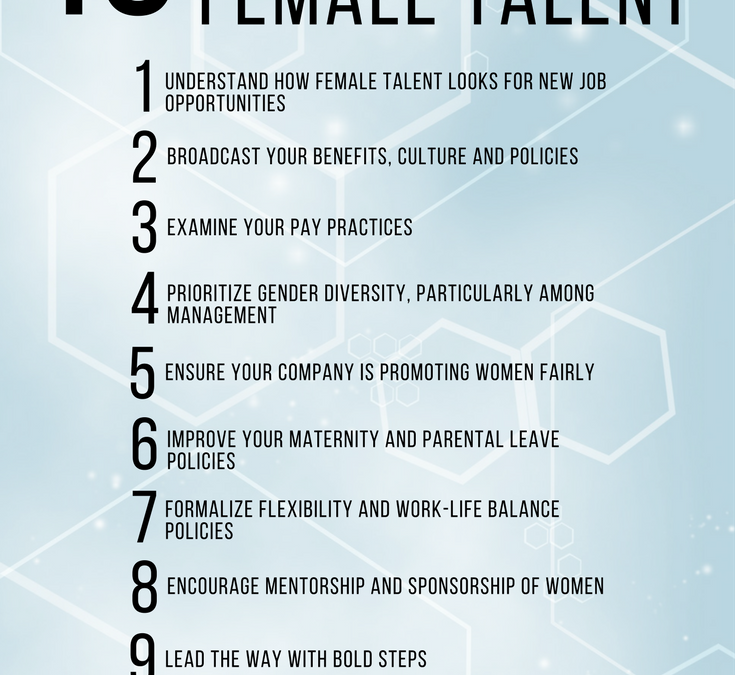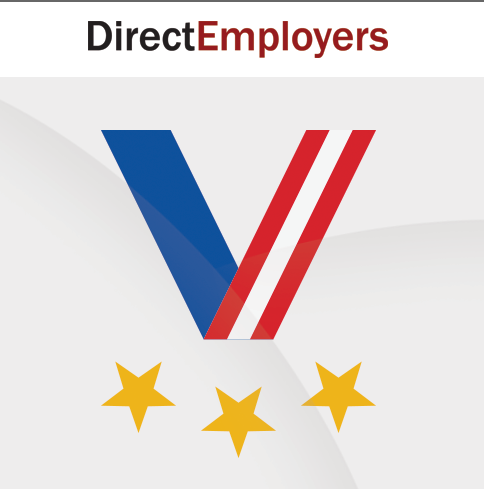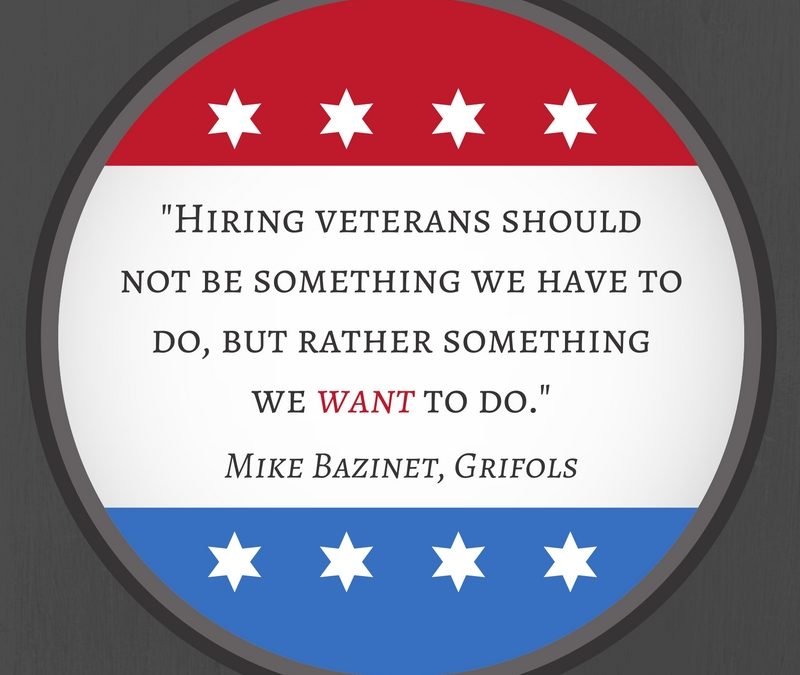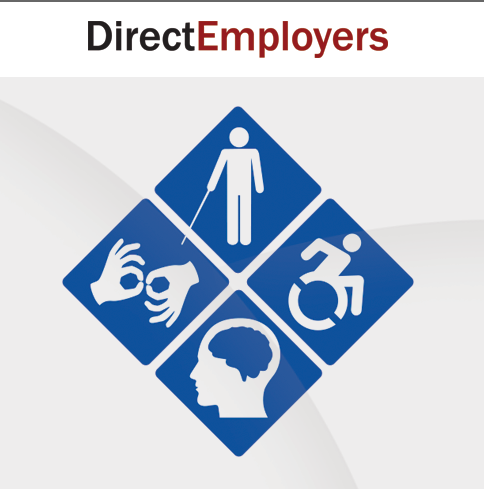


Why an Affirmative Action Plan is Crucial to Recruiting
Learn why you should share your Affirmative Action plan with your Talent Acquisition staff, and then hone in on how OFCCP compliance ties into recruiting success in your workplace.

10 Best Practices for Attracting and Retaining Female Talent
As a founder of Fairygodboss, I have heard from a lot of women about their workplace experiences. As you can imagine, their stories include the good, the bad, and the ugly. For the past two years, we’ve provided a free and safe platform for women to authentically...
Do You Believe You’re Selling Experiences and Opportunities?
The following post was authored by Shaunda Zilich, a global employment brand leader at Member company, GE. Connect with Shaunda in our Member-exclusive community! “The future (and the present time) of recruiting is more like sales.” We have all heard this and probably...
Seeking and Serving Those Who Have Served
I was asked the question recently why our company specifically targets veterans in our recruiting efforts and what we do for them once they come on board. This is a topic I enjoy talking about because I see so many meaningful endeavors here at Shaw.
First of all, why wouldn’t we want to target veterans to come work for our company? One of the basic elements of life in the military is serving your country. You can go to any military branch’s website and see the word “HONOR”. The fundamental tenet of military life is honorable service…

Roehl Transport: Honoring Veterans
One definition of the word “honor” involves giving respect to those who are admired, or a showing of merited respect. Roehl Transport respects and admires our nation’s veterans. It’s fitting, then, that members of TeamRoehl who have served in our nation’s military can...
Recruiting Military Veterans: Putting It All Together
The last few months, I have tried to highlight recruiting military veterans from a different angle. For years, the veteran has been told to adapt, change and be able to articulate what they have done in the service. As far as I can remember that has been the norm when hiring veterans. This tactic simple does not work! We have to change our mindsets to truly affect our veteran hiring program. Over the last four blogs, I have tried to highlight ways we can change to give the veteran a better chance to show off their amazing skill sets.

J.B. Hunt’s Mission: Employ 10,000 Veterans by 2020
Hiring military Veterans is a company-wide effort at J.B. Hunt, and we are dedicated to employing 10,000 Veterans by 2020. We value your character and what you bring to the transportation industry – hard work, devotion, intelligence, leadership and aptitude....
Building a Pipeline for Talent with a Disability: Creating the Right Approach & Culture
Reaching Out: Create an Approach Once you have identified several potential sourcing organizations (VR, community based organizations, non-profits, and organizations on campuses/universities), consider your approach to these organizations. Consider a method similar to...
Sourcing & Onboarding IDD Talent
People with intellectual and developmental disabilities (IDD) represent an 85% unemployment rate in the U. S.—a significant untapped talent pool that offers substantial potential to employers across all industries. According to the Institute for Corporate Productivity’s (i4cp) groundbreaking study, Employing People with Intellectual and Developmental Disabilities, over a third of employers in high-performance organizations—those companies that excel in market share, revenue growth, profitability, and customer satisfaction over a five-year period—that employee people with IDD found them to be good talent matches for open positions.

